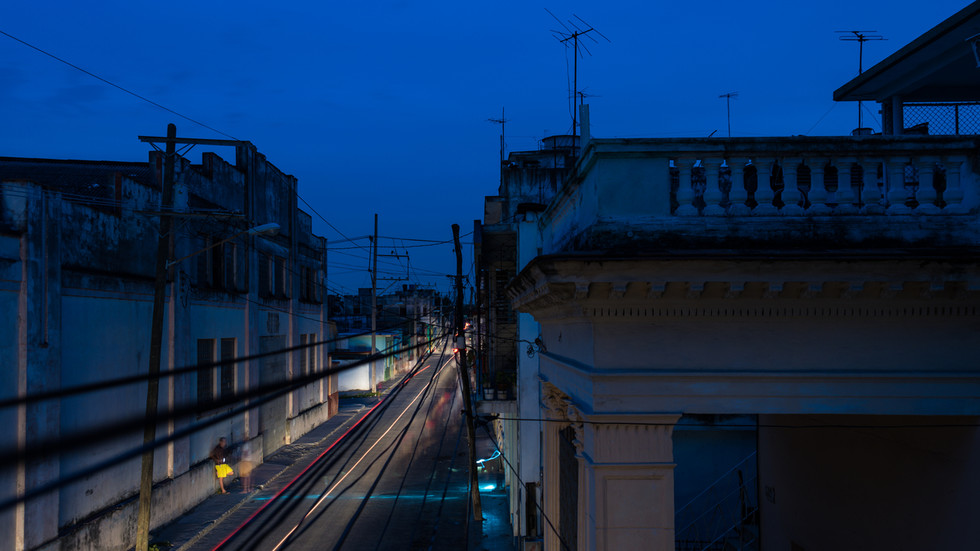On Friday, Cuba experienced a significant mass blackout that left the entire island without power after a failure at the Antonio Guiteras Power Plant. The Cuban Energy Ministry reported that this failure led to the total disconnection of the National Electrical System. President Miguel Diaz-Canel emphasized that restoring power was of utmost importance, declaring that authorities would work relentlessly until the grid was brought back online. The blackout disrupted daily life, affecting public institutions, businesses, and residents across the island. Videos and photos shared on social media illustrated the widespread impact as normal activities halted, highlighting the severity of the situation.
Prime Minister Manuel Marrero addressed the nation in response to the escalating energy crisis, attributing the widespread outages to what he termed “the intensification of the economic war” and “financial and energy persecution” by the United States. Marrero claimed these U.S. restrictions have severely impeded Cuba’s ability to import fuel and acquire other necessary resources, exacerbating the existing energy issues. Cuba has been grappling with energy supply challenges for several months, with rolling blackouts becoming increasingly commonplace due to the aging energy infrastructure and a significant decrease in external fuel supplies.
The crisis has historical roots; Cuba’s energy issues have been compounded by several factors, including a devastating fire at the Matanzas oil storage facility in 2022. This catastrophic event, ignited by a lightning strike, destroyed approximately 40% of the country’s primary oil storage capacity, crippling the nation’s energy resources. The cumulative effect of these challenges has resulted in a situation where the electrical grid struggles to meet the demands of the population, leading to a growing sense of frustration and unrest as residents cope with prolonged outages.
As authorities work towards resolving the power situation, the collective sentiment among Cubans is one of anxiety and anger. The repeated outages have strained patience, with many expressing their discontent regarding government efficiency and accountability in addressing the energy crisis. Social media has become a platform for Cubans to voice their experiences and frustrations amidst the blackout, underscoring the urgency for solutions and effective management of the energy sector.
The government’s narrative framing the crisis as a consequence of U.S. sanctions has raised questions about accountability for the ongoing challenges within Cuba’s energy sector. Experts suggest that while external pressures play a role, internal mismanagement and an outdated energy infrastructure must also be critically addressed. Long-term solutions involving modernization of facilities, diversification of energy sources, and better management practices are essential to alleviating these systemic issues and creating a more reliable energy supply for the Cuban people.
The recent blackout serves as a stark reminder of Cuba’s ongoing struggle with energy reliability amidst global economic pressures and internal inadequacies. As the government prioritizes restoring power, it faces the daunting task of not only repairing the immediate damage but also restructuring the energy system to prevent future crises. The path forward will require robust planning, international cooperation, and a commitment to addressing the underlying issues that have plagued Cuba’s energy landscape for years.

